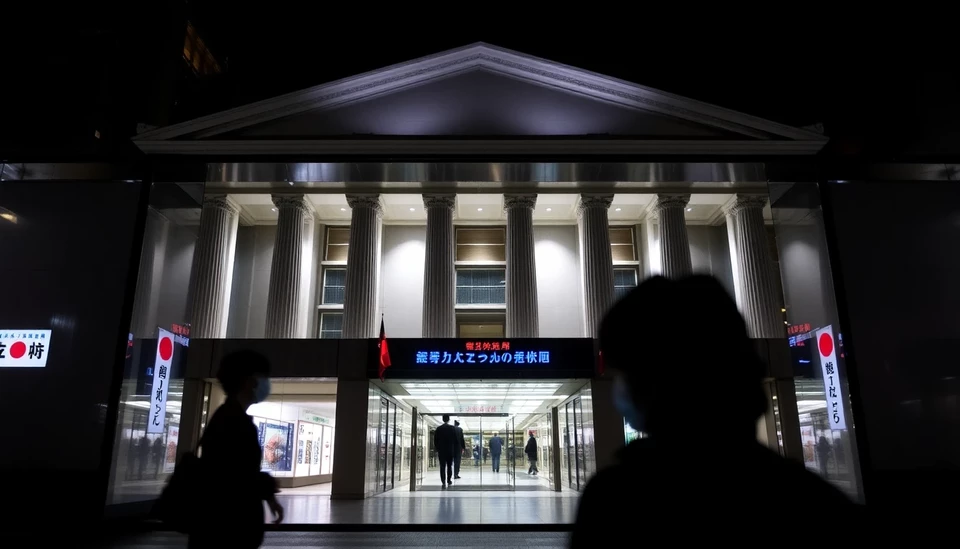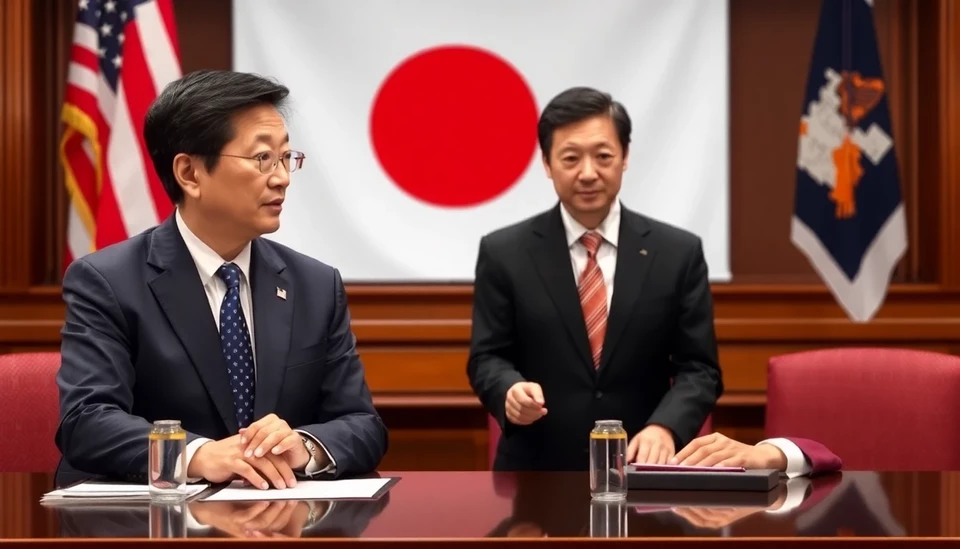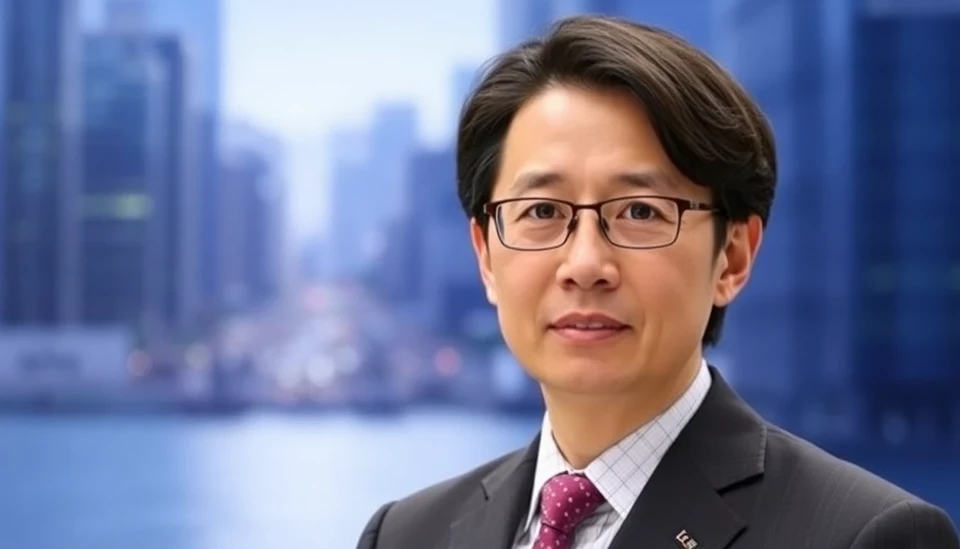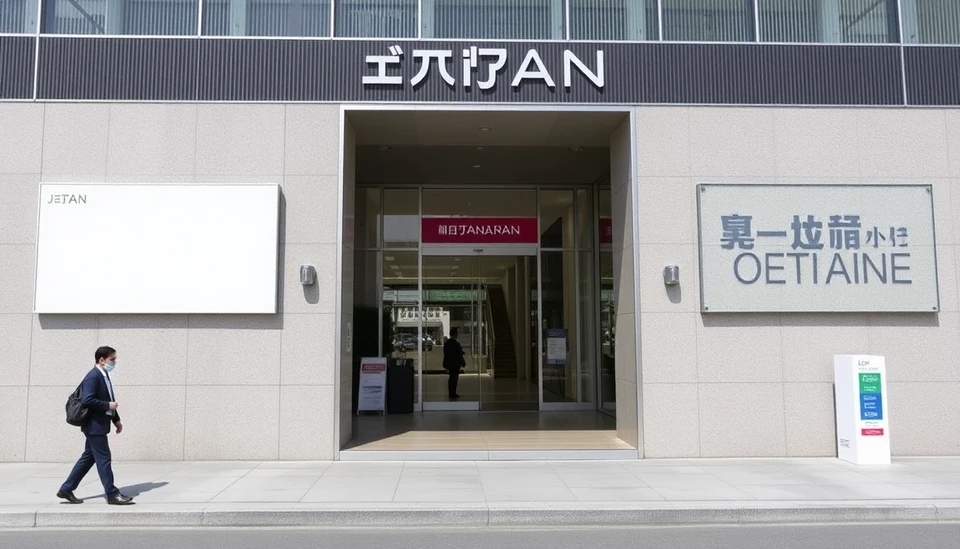
In a significant economic update, Japan's inflation rates have remained stubbornly above the Bank of Japan's (BOJ) target, raising expectations of potential interest rate hikes. Recent figures released by the government indicate that consumer prices continued to climb, prompting analysts and investors to speculate on the central bank's forthcoming monetary policies.
According to data from the Ministry of Internal Affairs and Communications, the core consumer price index, which excludes volatile food prices, recorded a year-on-year increase of 3.5% in October. This figure notably exceeds the BOJ's inflation target of 2%, and marks the highest level of inflation seen in Japan in over three decades.
This persistent inflationary pressure has been attributed to a multitude of factors, including rising costs of energy and imported goods, which reflect ongoing global economic challenges. As supply chain disruptions continue to affect the availability and pricing of various products, Japanese consumers have faced increased financial strain, leading to wider discussion on economic resilience.
Market analysts are closely monitoring the situation, as the sustained inflation rate has given rise to bets among investors that the BOJ may be compelled to implement interest rate hikes sooner than anticipated. Historically, the central bank has maintained one of the most accommodative monetary policies globally, including negative interest rates and extensive asset purchases to support economic growth.
However, the current inflation data may compel the BOJ to reconsider its stance, particularly as a growing number of officials within the central bank have hinted at the need for change in response to rising prices. The BOJ's policymakers have been vocal about their commitment to achieving stable inflation; therefore, the sustained inflationary trend poses a complex dilemma as they balance growth with the need to stabilize prices.
Moreover, the global economic landscape is shifting, influenced by factors such as geopolitical tensions and changes in consumer behavior. These dynamics add another layer of complexity for the BOJ as it navigates its policy options under increasingly challenging conditions. Analysts predict that if inflation continues to rise, the likelihood of a rate change in the coming months could increase, especially with Japan’s economy showing signs of robustness in other areas.
Meanwhile, businesses and consumers alike are adapting to the evolving economic environment. Companies are adjusting their pricing strategies in response to increased operational costs, while consumers are changing their purchasing habits to manage budget constraints effectively. The financial implications of these adaptations are of particular concern for the BOJ as it seeks to foster a stable recovery while maintaining sufficient momentum in economic growth.
As Japan approaches the end of the year, all eyes will be on the BOJ and its upcoming meetings, where decisions regarding monetary policy will be closely scrutinized. With inflation holding firm and economic uncertainties looming, clarity on future interest rate adjustments is essential for market confidence.
The discussions revolving around the potential for an interest rate hike highlight a critical crossroads for Japan's monetary policy. Investors, economists, and households are eagerly awaiting the BOJ's next steps, hopeful for guidance amid these tumultuous economic conditions.
Economic analysts also emphasize the importance of remaining vigilant about inflation trends and global economic developments, which could further influence the BOJ's approach to managing Japan's financial health in the immediate future.
#Japan #Inflation #BankofJapan #InterestRates #Economy #FinancialNews #MonetaryPolicy #EconomicGrowth #MarketAnalysis
Author: Laura Mitchell




